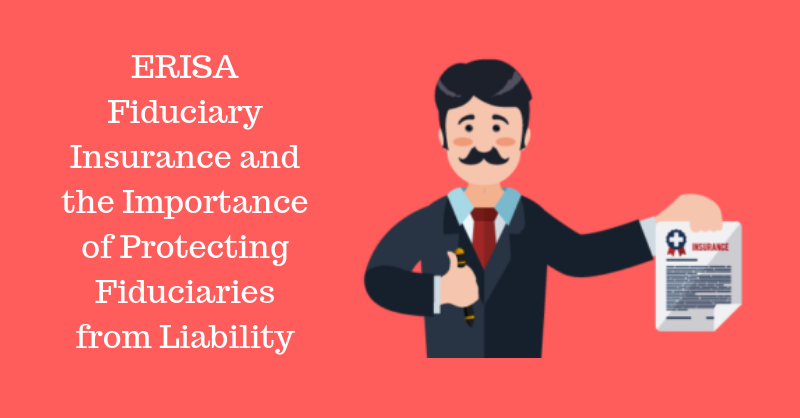
ERISA (Employee Retirement Income Security Act of 1974) was designed as a set of federal laws to protect employees of private employers who provide pension, retirement, or profit-sharing plans or health insurance coverage, substantially, establishing certain minimum standards for these plans as well as granting certain rights to employees covered by those plans. In addition, ERISA authorizes a range of penalties or punishments for individuals or plans that fail to comply with those standards.
ERISA also imposes certain requirements on employers that administer their pension plans. Some obligations that ERISA imposes on employers toward their employees include providing plan participants with important information about plan major features and how the plan is financed, and fiduciary duties for those who manage assets covered by a plan. ERISA requires that a fiduciary of an employee benefit plan acts solely in the best interests of participants and beneficiaries.
Fiduciaries can be held personally liable for any breach of their responsibilities and ERISA empowers plan participants to sue their employers or plan administrators for withholding benefits that employers are entitled to or for breaches of their fiduciary duties. Recent studies indicate significant increases in claims severity and frequency against fiduciaries over the past several years
There is no immunity against Fiduciary liability and many directors & officers do not realize they are fiduciaries. To avoid personal liability and a loss of plan assets ERISA sets forth fiduciary liability insurance policies. Fiduciary Liability Insurance pays the legal liability arising from claims for alleged failure to prudently act within the meaning of the Pension Reform Act of 1974 and protects the personal assets of a plan fiduciary from allegations of breach of fiduciary duties.
ERISA explicitly allows for the purchase of fiduciary liability insurance and failure to purchase fiduciary insurance could potentially be a breach of fiduciary duty if a claim arises and no insurance is in place that was readily available.
A detailed expert overview of the use of fiduciary insurance in protecting fiduciaries from liability when governing or providing services for employee benefit plans subject to ERISA, has been recently published by CKR Law.
